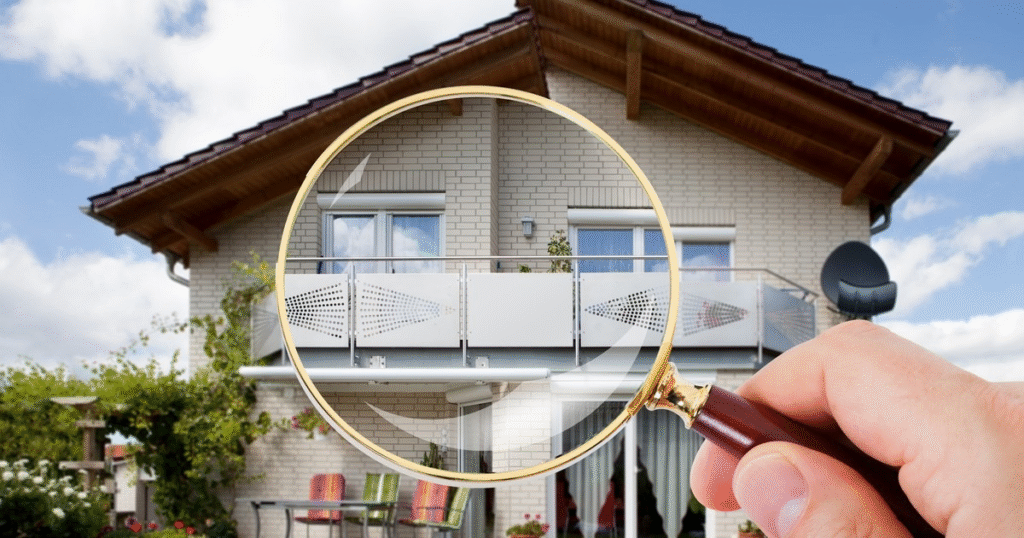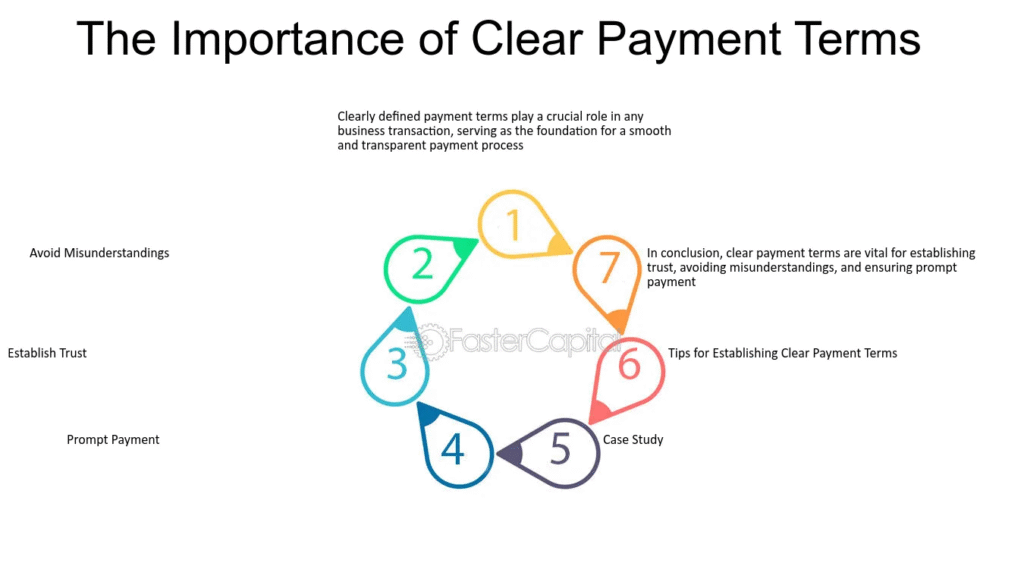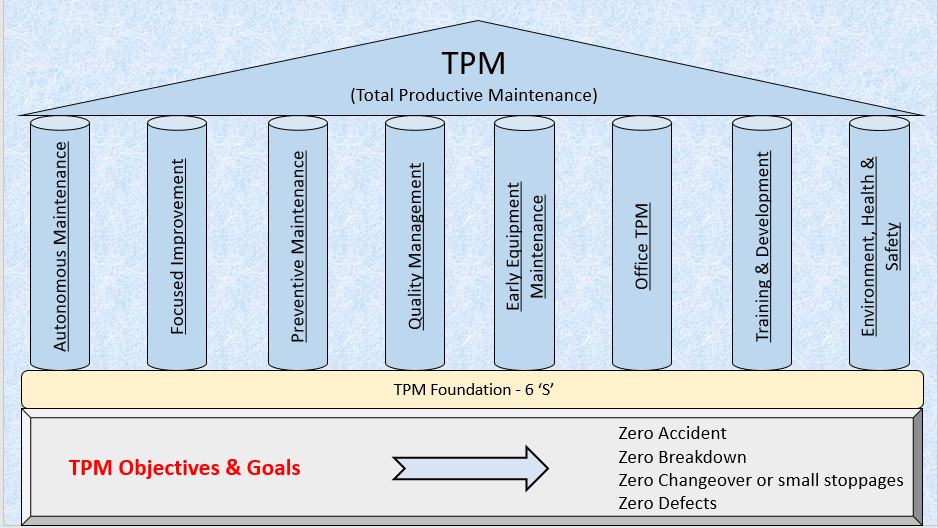
The United Arab Emirates (UAE) has become one of the top destinations for expats worldwide. From Dubai’s glittering skyscrapers to Abu Dhabi’s cultural landmarks, the country offers modern living, safety, and endless opportunities. But for new arrivals, one of the biggest challenges is renting a home.
With thousands of housing options, legal requirements, and lifestyle preferences, finding the right place can feel overwhelming. Whether you are moving for work, family, or business, it’s important to understand how the rental market works in the UAE.
To help, we’ve put together 10 essential tips for expats renting a home in the UAE. These tips cover everything from paperwork to budgeting, so you can make smarter decisions and enjoy a smooth relocation experience.

Before signing a lease, it’s important to know the rules. Each emirate has its own rental regulations. For example, in Dubai, the Real Estate Regulatory Agency (RERA) oversees rental contracts, while Abu Dhabi has its own housing authority.
Expats should know their rights and obligations as tenants. For instance, landlords cannot increase rent randomly. They must follow government-approved guidelines. Reading up on these laws will save you from unexpected disputes later.

The UAE offers diverse neighborhoods to suit different lifestyles. Families often prefer suburban areas like Mirdif in Dubai or Khalifa City in Abu Dhabi, where schools and parks are nearby. Young professionals may choose Downtown Dubai or Jumeirah Lake Towers (JLT) for quick access to offices and nightlife.
Think about your commute time, budget, and lifestyle needs before deciding on a location.

Rent is not the only expense. Tenants must also pay for utilities, internet, air conditioning, and sometimes maintenance. In some cases, you’ll need to pay housing deposits and agency fees upfront.
Experts recommend keeping rent at no more than 30–35% of your monthly income. This ensures you can comfortably manage other costs of living in the UAE.

In Dubai, every rental contract must be registered under the Ejari system. In Abu Dhabi, it’s Tawtheeq. This legal registration protects both tenants and landlords, making the contract official.
If your landlord avoids registering the lease, it’s a red flag. Make sure your tenancy is recorded to avoid legal issues.

Never rent a home without checking it in person. Look for maintenance issues like leaky taps, faulty AC units, or mold. Check if all appliances and facilities are in working order.
If possible, request a move-in checklist from the landlord or agency. This way, you won’t be blamed for damages you didn’t cause when moving out.

Unlike many countries, the UAE often requires rent payments through post-dated cheques. Some landlords ask for one annual cheque, while others accept quarterly or even monthly cheques.
Before signing, discuss payment flexibility. Monthly cheques might make budgeting easier, while annual cheques can sometimes help you negotiate a lower rent.

With so many properties listed online, it’s tempting to avoid agents. However, a licensed real estate agent can guide you through legalities, negotiations, and paperwork.
Check if the agent is registered with RERA or the relevant emirate authority. A professional agent saves you time and ensures transparency.

Many expats face confusion over who pays for repairs. Generally, landlords cover major repairs, while tenants handle minor ones. But these rules vary.
Always read the tenancy agreement carefully. If it’s not mentioned, ask for written clarification. This will prevent disagreements when something breaks down in your home.

The UAE is famous for luxury residential communities. Swimming pools, gyms, children’s play areas, and security services are common in many developments.
However, more amenities usually mean higher service charges. Make sure you’re actually going to use these facilities before paying extra for them.

Tenancy contracts in the UAE typically run for one year. If you plan to renew, notify your landlord in writing at least 90 days before expiry.
If you want to move out, most landlords require two months’ notice. Understanding these timelines helps you avoid penalties and gives you flexibility in future moves.
Renting a home in the UAE can be an exciting step in your expat journey. With the right research and preparation, you can avoid common pitfalls and enjoy a stress-free experience.
Remember: check the laws, budget wisely, and always prioritize legal documentation. By following these 10 tips for expats renting a home in the UAE, you’ll not only find the right property but also gain peace of mind in your new life abroad.
READ MORE:- Inside the World of Business Acquisitions: Secrets of Corporate Growth 2025
